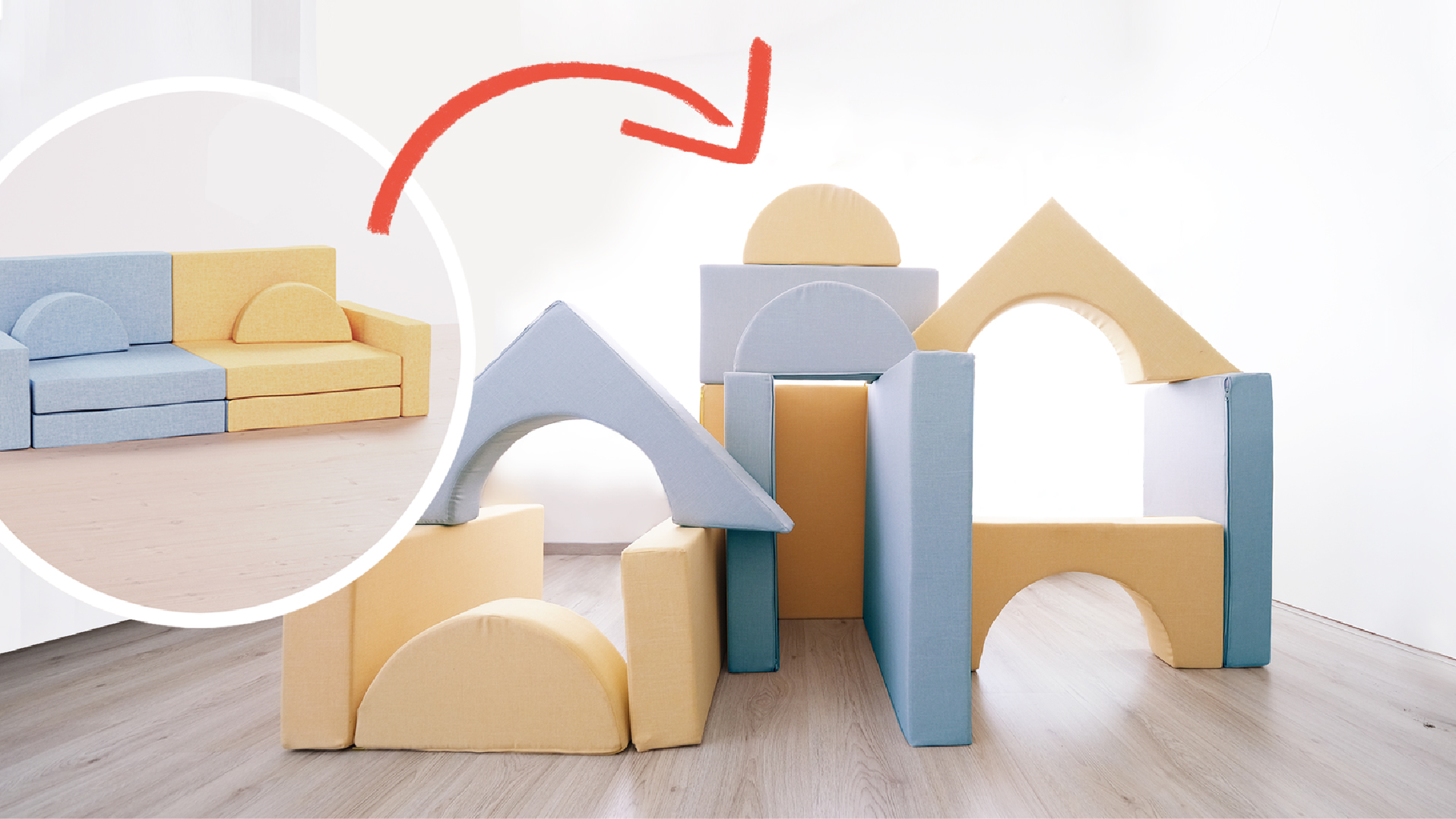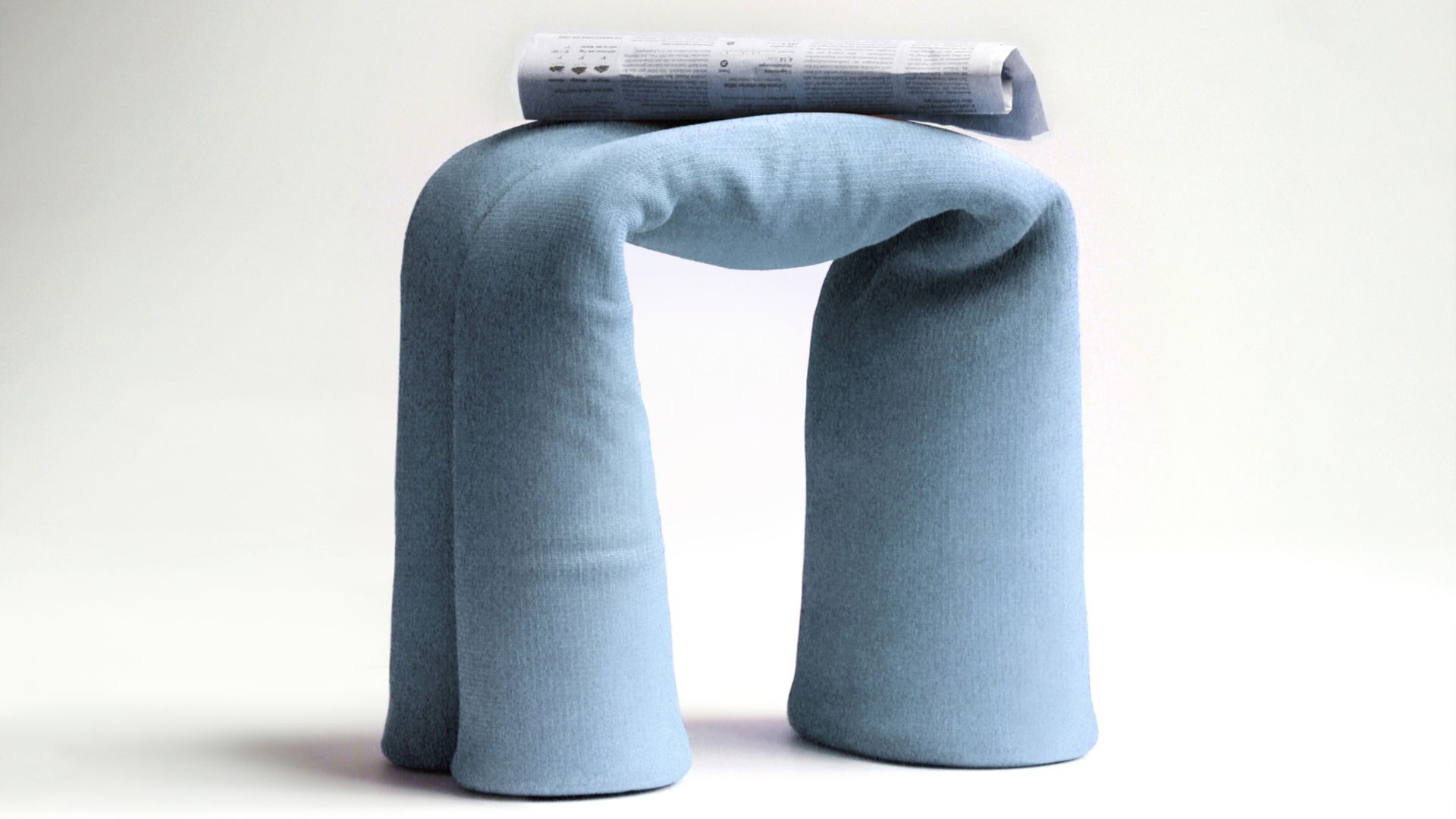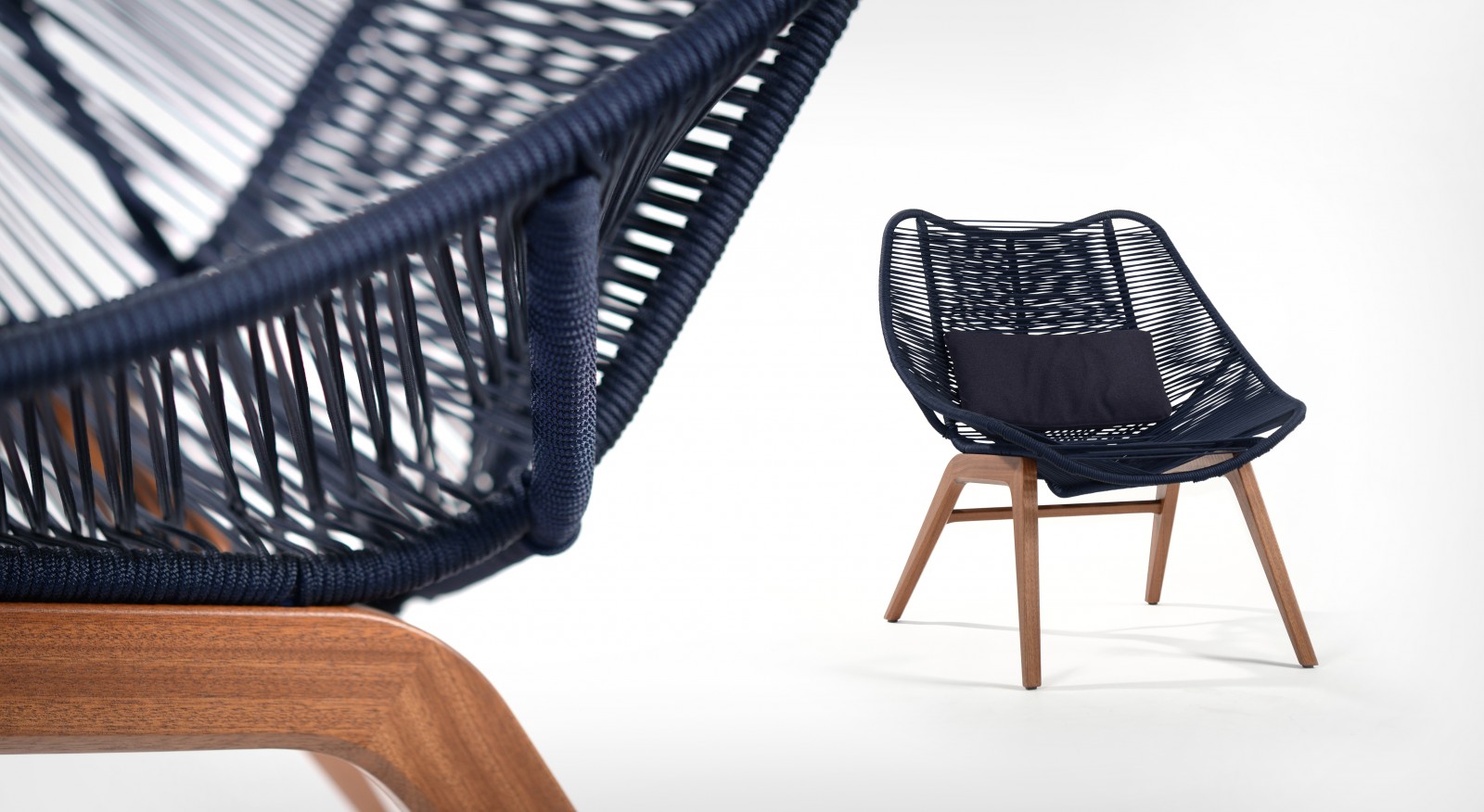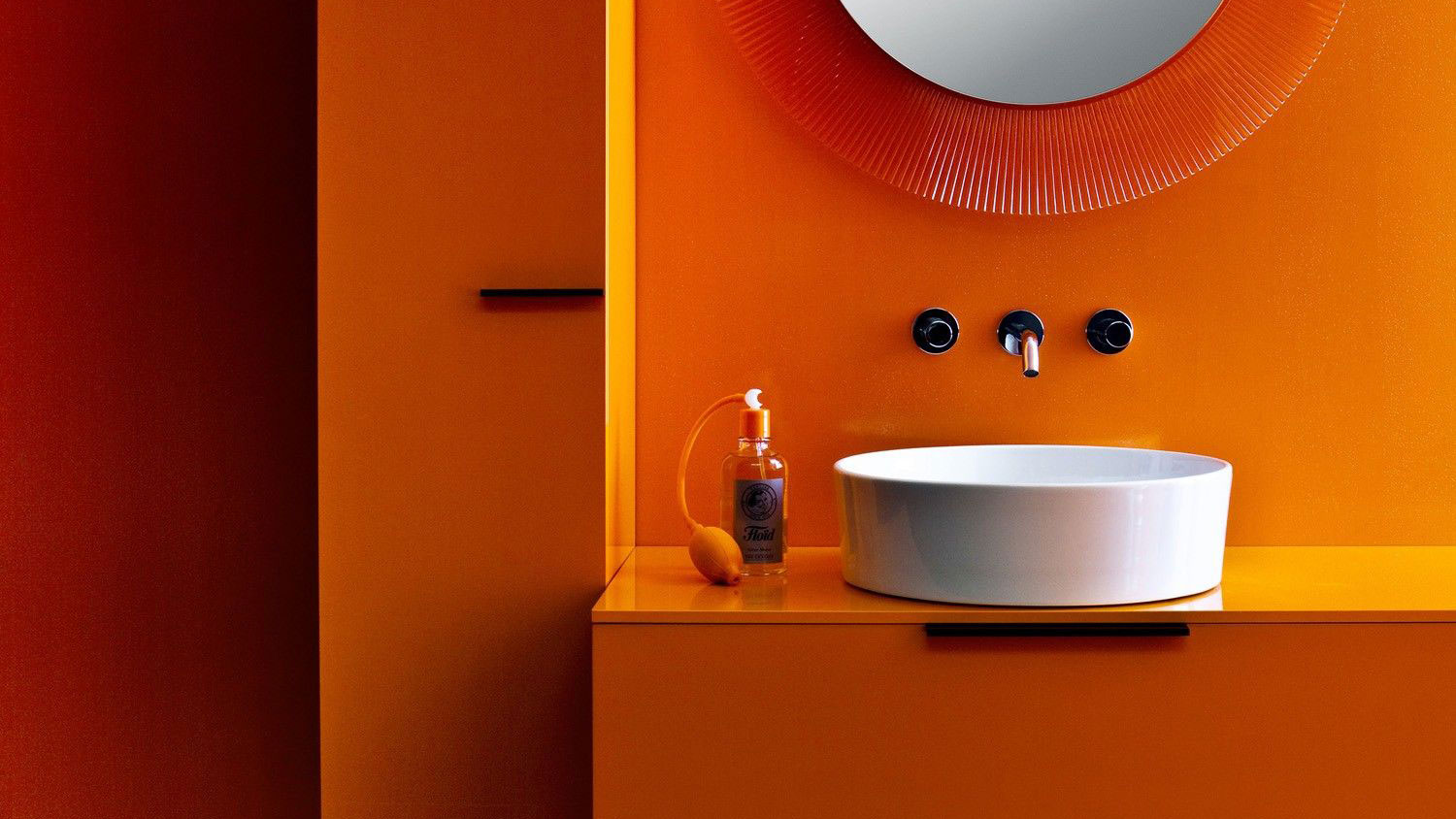Polimair gives plastic waste some taste with DIY Beluga Chair Kit
In an era where environmental sustainability is more critical than ever, Polimair, with its Beluga Chair, is stepping up to address one of the most pressing issues of our time: plastic waste.
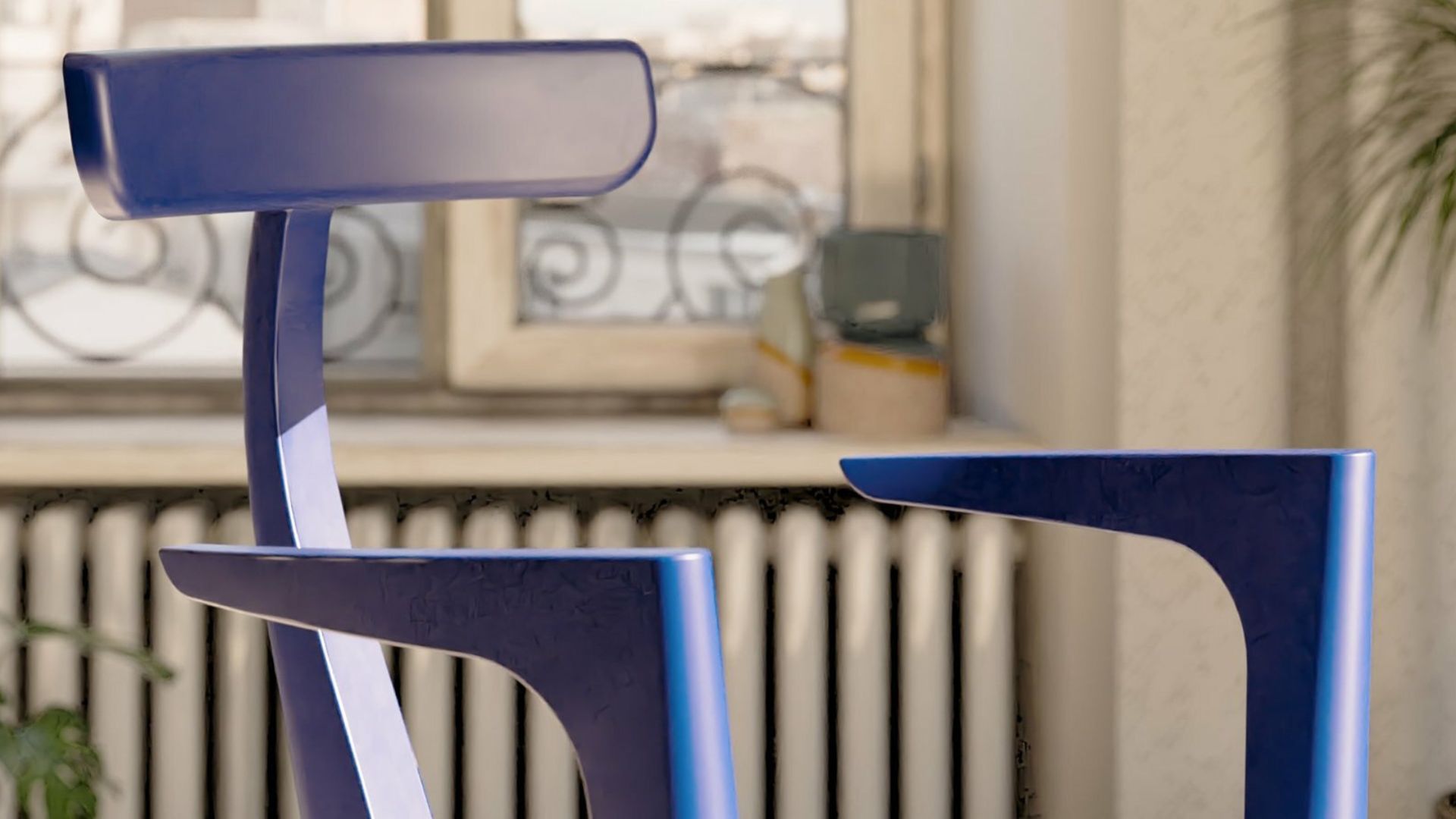
“In France, over 3.5 million tons of plastic are thrown away every year, three-quarters of which ends up in the environment. Worldwide, we are averaging 350 million tons with less than 6% being recycled,” says French design company Polimair, whose debut product—the Beluga Chair, a 100% recycled mono-material kit chair—is designed to combat this pervasive problem.
Recognizing the urgent need for innovative solutions, Polimair has developed its first-ever product design that focuses on advanced recycling technologies and sustainable materials. Called Beluga, it aims to not only reduce the volume of plastic waste but also to transform the way we think about plastic consumption and disposal.
The Beluga Chair is constructed from massive parts made entirely of recycled plastic, predominantly sourced from discarded fishing nets, a use of waste materials that helps address the growing problem of plastic pollution in oceans. By repurposing these nets, Polimair not only reduces plastic waste but also mitigates the dangers posed by abandoned fishing nets, which can entangle marine life and damage underwater ecosystems.
Gallery
Open full width
Open full width
Fishing nets, often referred to as “ghost nets” when discarded, are particularly harmful to the environment. These nets can drift for years, trapping and killing marine animals, damaging coral reefs, and contributing to the broader issue of microplastic pollution as they break down.
Recycling and repurposing these nets into useful products like the Beluga Chair transforms a harmful waste product into a valuable resource. It helps clean the oceans, protects marine life, and reduces the demand for virgin plastic production, thereby conserving natural resources and lowering greenhouse gas emissions associated with plastic manufacturing.
Polimair’s DIY production philosophy
This commitment to sustainability extends beyond the materials used; it is integral to the very design and construction of the Beluga Chair. The Beluga Chair is designed for easy assembly, which can be completed in less than a minute without the need for additional tools, thanks to an ingenious reversible system.
The importance of mono-material design in sustainability cannot be overstated. Mono-material products are made from a single type of material, which simplifies the recycling process. At the end of their lifecycle, these products can be easily broken down and recycled, ensuring that they do not contribute to landfill waste.
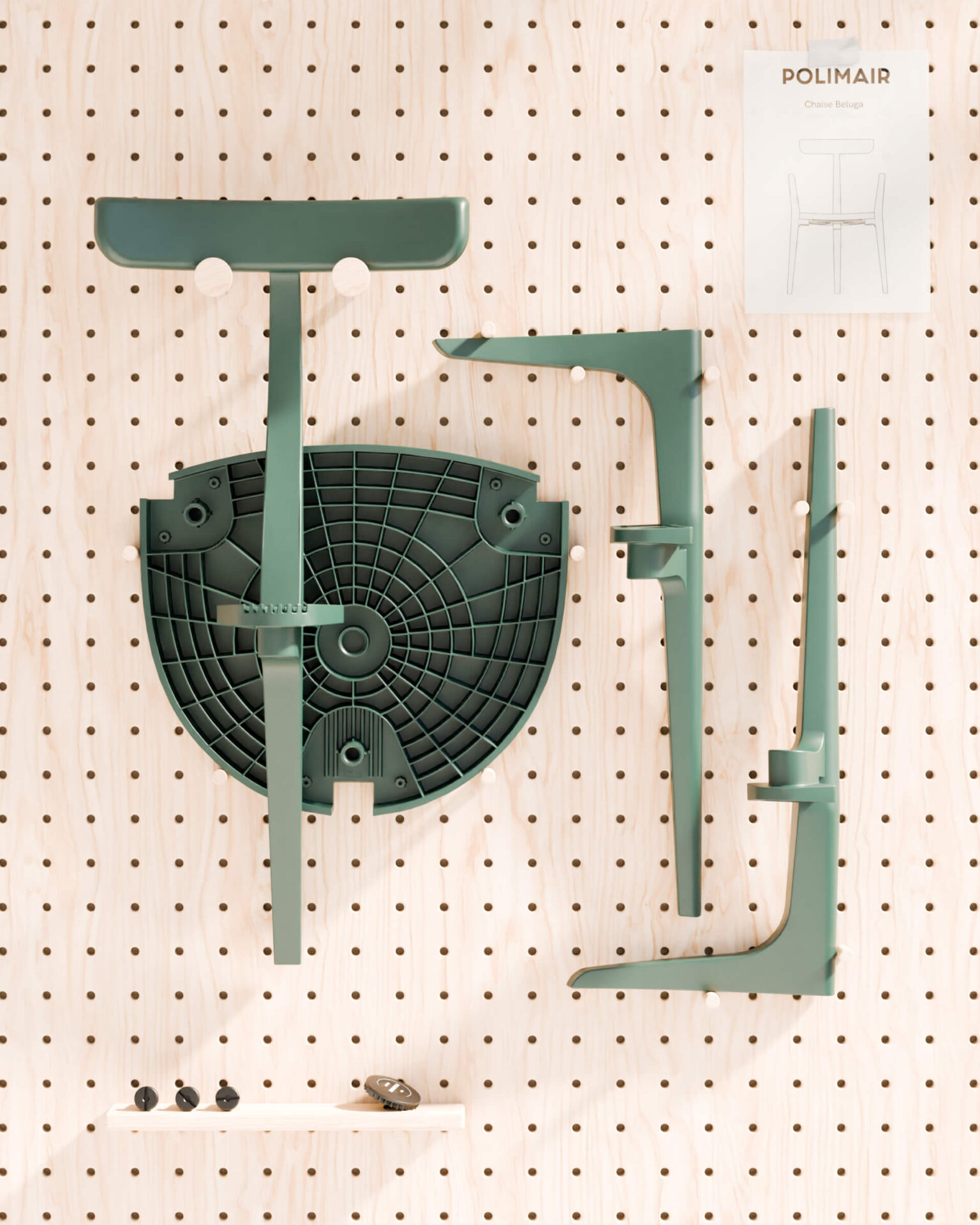
“Only by producing a single-material piece of furniture can we ensure true circularity,” emphasizes Polimair. “We don’t use any new plastic, and all our furniture is assembled without steel screws, glues, or wood… in short, no other materials that would complicate the sorting stage. We’re proud to be the first to offer a reversible assembly system in 100% recycled plastic.”
This approach eliminates the complexities involved in separating different materials, which often hinders the recycling process. Moreover, the Beluga Chair is customizable, with each component available in a variety of primary colors inspired by Piet Mondrian’s palette. This allows customers to personalize their furniture while maintaining the environmental benefits of using recycled materials.
The self-assembly nature of the Beluga Chair has significant environmental benefits. By designing furniture that can be easily assembled by the end user, Polimair reduces the need for extensive packaging and lowers transportation costs. This approach not only decreases the carbon footprint associated with shipping but also minimizes overall emissions.

Compact packaging ensures efficient logistics, which further reduces the environmental impact. According to research conducted by the Environmental Protection Agency (EPA), reducing packaging waste can lead to a decrease in greenhouse gas emissions by as much as 3.5 million tons annually.
Localised production and a durability guarantee
Polimair’s commitment to sustainability extends beyond their products. The entire production process, from the collection of raw materials to the manufacturing of the final product, takes place in France. This localized production model supports regional economies and reduces the environmental impact associated with transportation.
In addition to their innovative designs, Polimair also emphasizes durability. The Beluga Chair, for example, comes with a lifetime guarantee. If any part of the chair breaks, Polimair replaces it, ensuring that the chair remains in use and does not end up as waste. This commitment to durability and sustainability is a core aspect of the brand’s philosophy. By offering lifetime guarantees and prioritizing repair over replacement, the brand aligns itself with the principles of the circular economy—a system aimed at minimizing waste and maximizing the lifespan of products.

Furthermore, the preference for fixing and repairing rather than discarding and replacing promotes a culture of conscious consumption. In a society often driven by fast-paced consumerism, Polimair’s approach encourages consumers to reevaluate their relationship with products, fostering a mindset that values longevity and quality over disposability.
This dedication to sustainable furniture production serves as a model for the industry. By focusing on recycled materials, mono-material design, and easy assembly, they are addressing some of the most pressing environmental issues of our time. Their work not only helps reduce plastic waste but also promotes a circular economy where products are designed to be reused and recycled, thus minimizing their environmental impact
The global scale of this issue is staggering, with millions of tons of plastic polluting our oceans, landscapes, and ecosystems, contributing to severe environmental degradation and posing significant threats to wildlife and human health.

To mark a milestone for the company and underscore the uniqueness and exclusivity of their product, Polimair is offering the very first series of Beluga Chairs as a limited edition, with only 500 numbered and signed pieces available. The commitment to sustainability is not only commendable but also necessary in the face of such challenges. Through their innovative design and conscientious production methods, they are not just creating furniture; they are shaping a more sustainable future.












